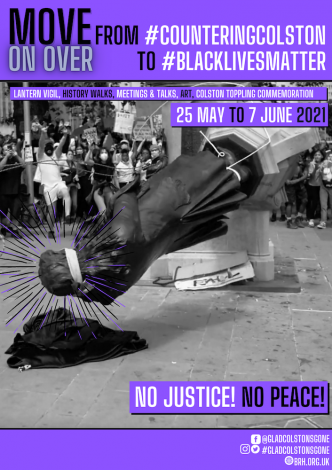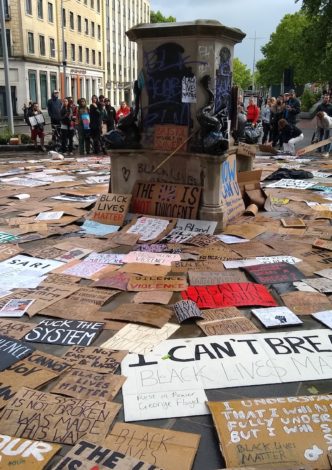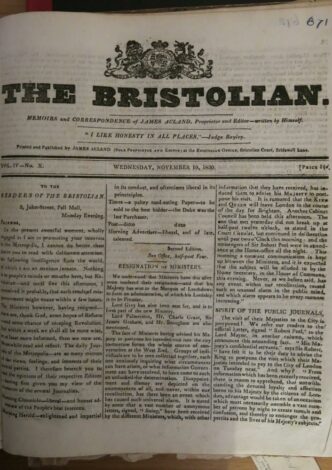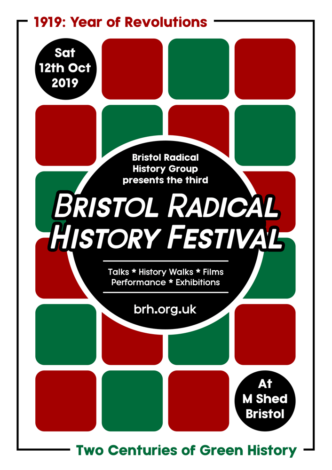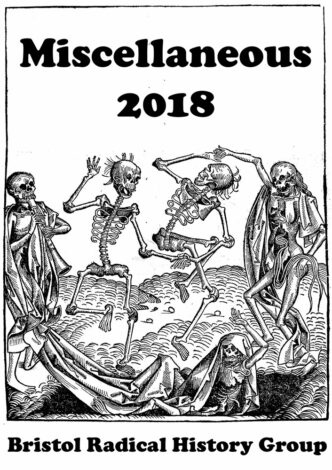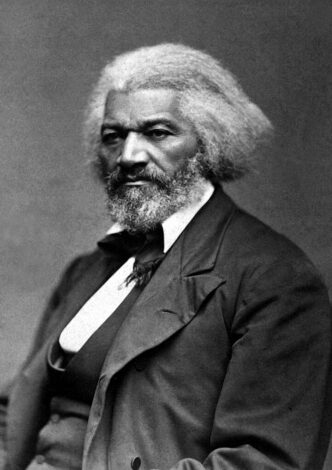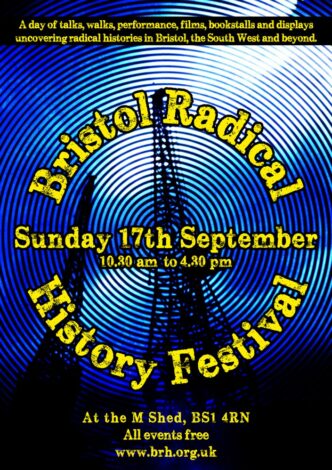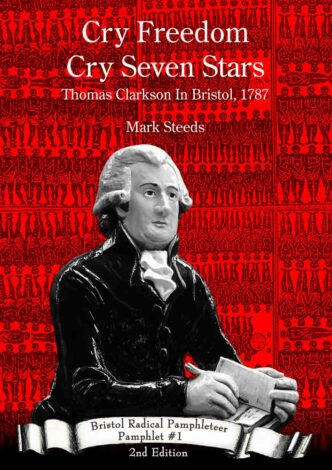Meet at 2.00pm outside M Shed, Princes Wharf, Wapping Rd, Bristol BS1 4RN Walk ends at Bristol Cathedral at 4.00pm (approx.) This history walk in Bristol City centre uncovers a 1,000 year history of resistance to slavery. Starting with Bristol's first abolitionist Saint Wulfstan and the Bristol 'mob' in the eleventh century this walk charts the networks of religious and political activists who led popular campaigns against slavery. From the non-conformists and radical currents in the English […]
Bristol’s memorial landscape is woeful, there’s not one statue to any of the city's brilliant women, and a complete omission of the most important of all, a major memorial to the victims of enslavement - despite citizens calling for just such a thing many times over the past three decades. Apart from a single gallery in the city’s main museum, M Shed, and a notable display to abolitionist John Wesley in the New Room’s Methodist museum, there’s no specific memorial and nothing of any scale. […]
In 1827, radical journalist James Acland launched the West Country’s first daily newspaper. He called it The BRISTOLIAN. Undercutting the advertising rates of existing weekly papers, conducting a lively letter column and breaking the law by publishing at one and a half pence without paying the newspaper stamp tax, Acland’s publication was a muck-raking popular radical paper for the working classes. The paper concentrated on exposing the abuses both of the unreformed Corporation which ran Bristol […]
Starts and leaves outside of the front of M Shed. Our first stop will be outside of the Merchant Venturers’ Almshouses (at the Broad Quay end of King Street), where the Merchant Venturers successfully petitioned for Bristol’s involvement in the ‘African Trade’ in 1698. We will cross Queen Square to Redcliffe Street and on to the Seven Stars. This will feature Abolitionists Thomas Clarkson, Wulfstan and the Quakers. On into Castle Park and Colston’s sugar refinery, past All Saints (where Edward […]
In the summer of 1846 the famous American abolitionist Frederick Douglass took to the stage of the Victoria Rooms in Bristol, enthralling his thousands-strong audience with vivid denunciations of slavery. He was feted by the mayor and received great support from the people of the city, maintaining friendships with many of those he met for the rest of his life. Douglass biographer Laurence Fenton will discuss the background to and details of the great abolitionist's visit to Bristol in a talk at […]
After the Frederick Douglass event in the city on Bank Holiday Monday (28 May, 2018) in which BRHG members took part and which drew several hundred people we are publishing this article by Laurence Fenton. Laurence has just written a new book on the African American abolitionist's visits to Victorian Britain and is calling for a more permanent memorial to this important moment in the history of the city and the struggle against slavery. BRHG fully support this initiative. While actions from the […]
A series of 10 minute 'taster talks' covering recently or soon to be published Bristol Radical History Group texts. These include: Lady Blackshirts: The Perils of Perception – suffragettes who became fascists [Rosemary Caldicott] During the 1930’s a small group of ultra-nationalistic women, who considered themselves feminists, joined Oswald Mosley’s British Union of Fascists. Surprisingly some of these women were former high ranking members of the suffragette movement. The Smoke-Dragon and How […]
Starting with St Mary Redcliffe church, this walk takes in other historic Diocese of Bristol churches in the city centre where 'the life and work' of Edward Colston is still provided religious legitimacy on an annual basis. Along the way we will share the most recent historical research regarding this man's involvement with the transatlantic slave trade and discover how the Victorian elite created a 'cult of Colston' that is now said to form part of our city's 'identity'. At our final stop, […]
Thrilling account of the first grass-roots human rights campaign, which freed hundreds of thousands of slaves around the world. In 1787, twelve men gathered in a London printing shop to pursue a seemingly impossible goal: ending slavery in the largest empire on earth. Along the way, they would pioneer most of the tools citizen activists still rely on today, from wall posters and mass mailings to boycotts and lapel pins. This talented group combined a hatred of injustice with uncanny skill in […]
Cry Freedom, Cry World Heritage Site In 1787 abolitionist Thomas Clarkson researched the slave trade with help from Landlord Thompson while staying at The Seven Stars public house in Bristol. This pamphlet looks at how the histories of the pub and the abolition movement are intertwined, and why it should be the first pub to have UNESCO World Heritage status. The Seven Stars public house is one of the most important buildings in the entire history of Bristol, if not the country. It stands as a […]
